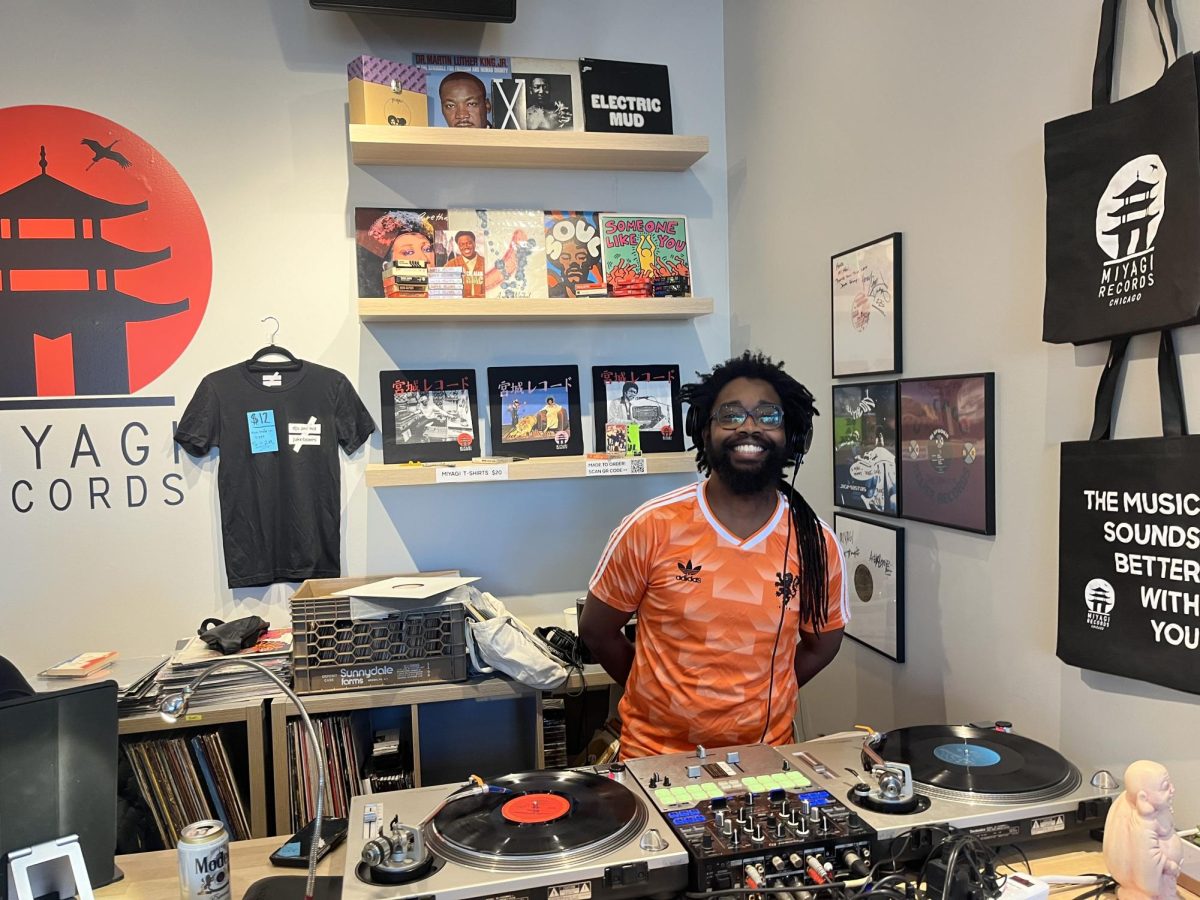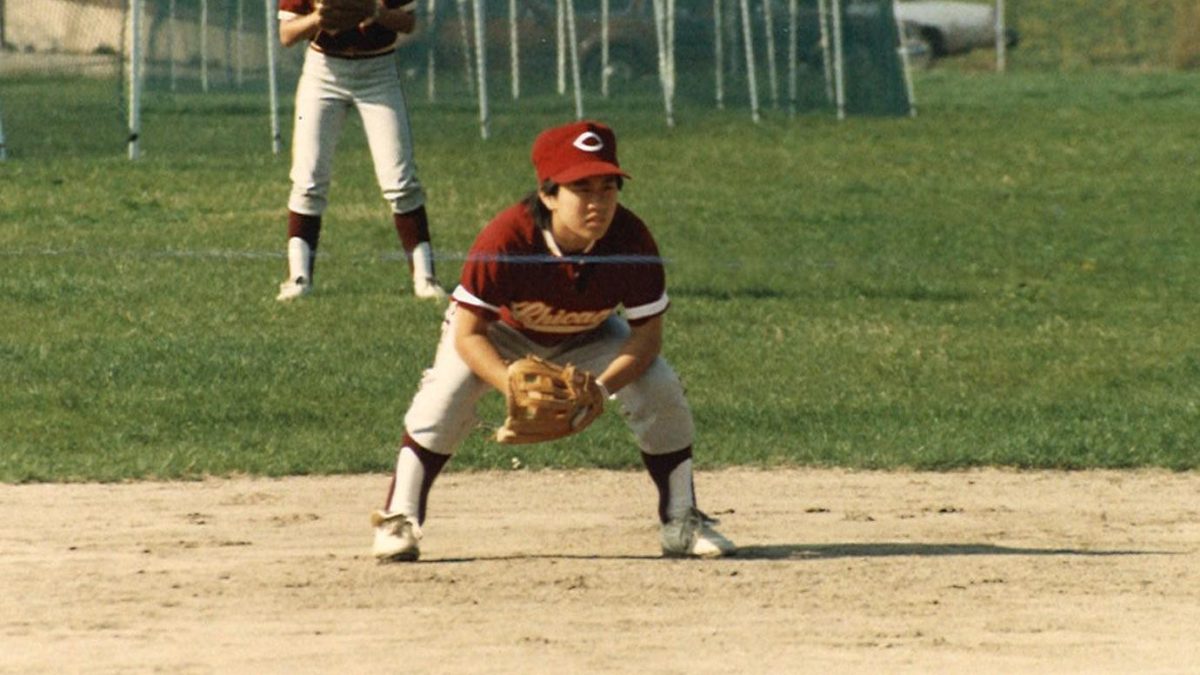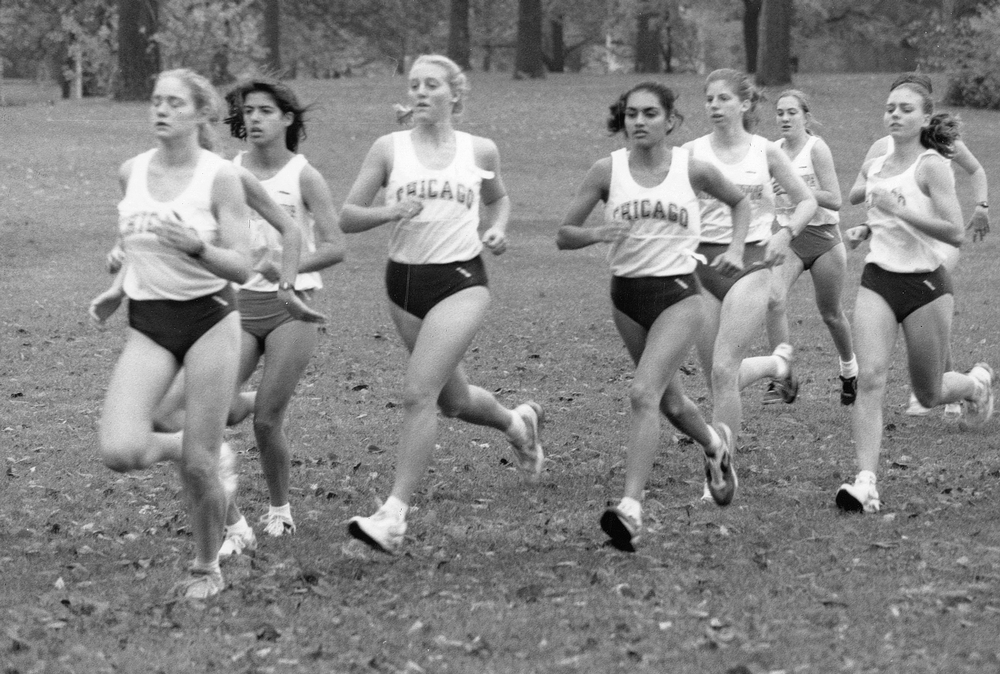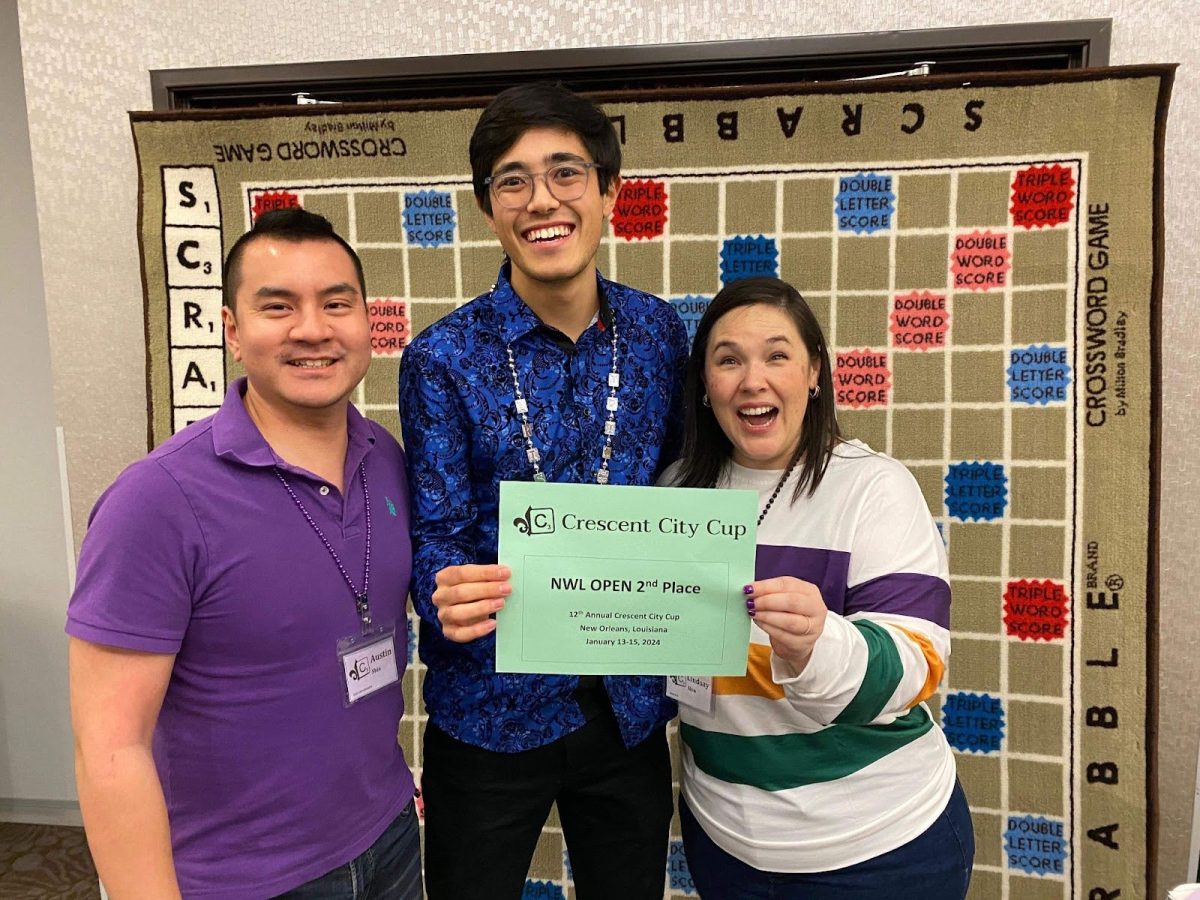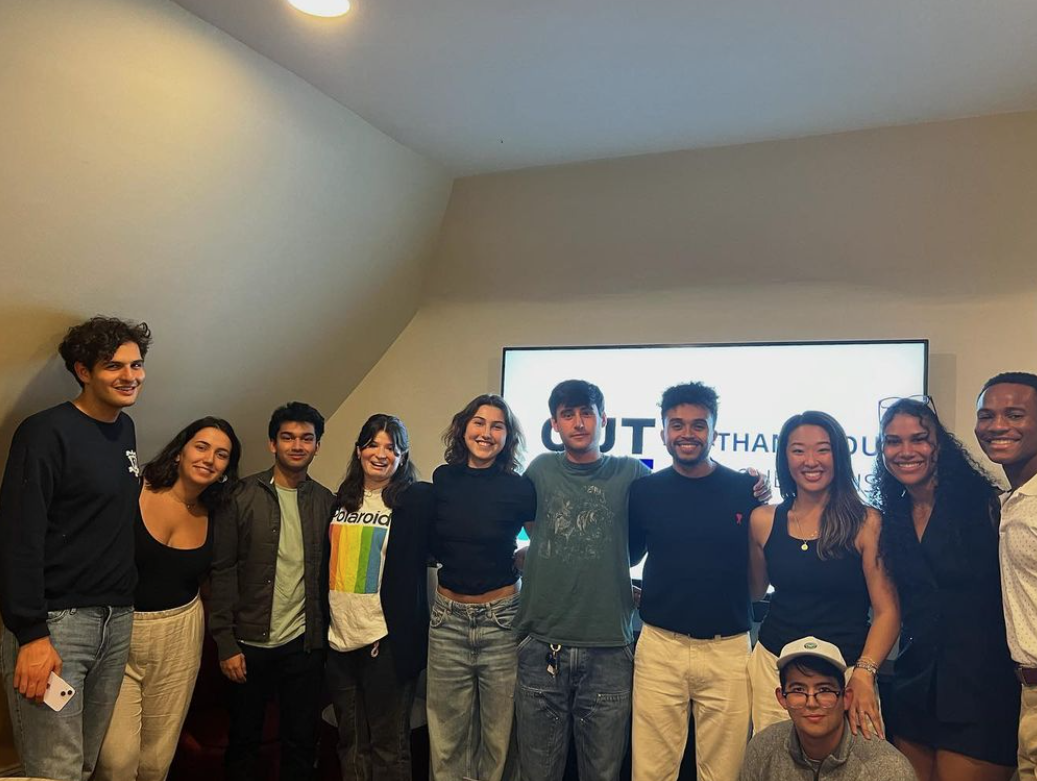Sports recruitment at the University of Chicago found itself in an interesting spot this spring, as people started buying face masks in bulk and Zoom calls replaced more facets of life than anyone could have imagined. Recruiting during a global pandemic was not something that could have easily been accomplished ten years ago, but the athletic department adapted over the summer with the help of digital tools. Different, often laborious ways of scouting were employed and are still being used as winter sports begin this quarter.
The recruitment process for a sport like football or basketball can be long at the Division III level. It often begins during a candidate's sophomore or junior year with a recruiting questionnaire. Coaching staff will watch some videotapes of a player’s junior season, and, should they pique interest, come to watch them play at recruitment events around the end of their junior year. The athlete also might visit campus and spend overnights with the team. Some communication, whether that be over the phone or over email, is used to keep in touch with the prospects and to make sure they are a good “fit” for UChicago.
“We believe recruiting is research, not sales,” said head football coach Chris Wilkerson. “We try to get to know guys.”
Interestingly, the athletic department has no say in whether a player is admitted to UChicago or not. In the DIII world, where no exclusively athletic scholarships are permitted, an exceptionally skilled player does not have a leg up on a decent player with a great attitude and personality. UChicago sports are made up of, as Wilkerson puts it, “the truest form of student-athletes.”
It’s the scouting at camps and combines that entails the most work for the coaching staff; it’s also what’s been most affected by the pandemic. “I was supposed to be at the University of Penn[sylvania] for five days, I was supposed to be at the New England Elite [Football Clinic] for four days, I was supposed to be at Dartmouth for three days,” said Wilkerson, describing one of his proposed trips this summer.
Head women’s lacrosse coach Kate Robinson discussed how recruiting trips with her assistant go: “We might go hit a tournament in Maryland on Saturday, spend all day…going to different games, then that night…go up to New Jersey, and watch a whole tournament on Sunday…then drive to Philly, hop on a flight back [to Chicago].”
The trips are quick, but they are frequent; together a staff is able to cover a lot of ground. Last year, players on the football team’s roster came from 33 different states as well as Canada. The men’s basketball team has a player from Turkey. Wilkerson personally visits the “eastern seaboard,” from Maine to South Florida, while others on his team visit the central areas of the country and the West Coast.
It’s also nice, at least in Robinson’s mind, to keep in touch with coaching colleagues at recruiting events. “You really get to know your network,” she said. Though they’re theoretically recruiting against each other, there is no animosity between coaching staff. There are often a few different schools spending nights in the same hotel, and Kate mentioned the coaches will often spend the evenings discussing different lacrosse philosophies and types of practice. This summer, UChicago’s recruitment team held a virtual book club with a few other schools.
Of course, no such camps or events took place in the summer of 2020. Being a spring sport, lacrosse got lucky. “At that time…we had already identified our top group [of current high school seniors]…Ideally we could have seen more of them but we already had a pretty good idea of who they were,” Robinson put it. For the women’s lacrosse coaches, this summer was spent thinking about the Class of 2022, primarily through watching tape. A whole lot of tape.
“Technology is a beautiful thing,” said Wilkerson, and indeed, through sites like Hudl, a decent amount of recruitment can and has already been done online. Hudl is interesting for its emphasis on individuality—every athlete has a profile, and highlights from a soccer match or a basketball game are often uploaded with a virtual circle around the poster to highlight themselves—but there are many other ways to find video of a talent. Many recruitment events were live-streamed late this summer, videos which the recruiting staff pored through. They are hosted on a variety of websites: YouTube Live, Hudl, specialized sites like Lacrosse Sports Network. Athletes also took matters into their own hands during the pandemic, shooting backyard videos to show off their game. “A lot of the kids would start putting some of their individual workout videos on YouTube or on Twitter…making sure the schools they were really interested in were getting that information,” according to Wilkerson.
You can’t watch everything, though, so the staff must be discerning about what they pay attention to. “You might only be watching three people, or four people, and then you…go watch another stream,” Robinson said. There is an exorbitant amount of footage out there, and when watching hours of video every day all summer, being picky is a good thing.
This all begs the question: will sports recruitment be worse because of the video-only approach? “In swimming, you can tell how good somebody is just by timing them…whereas basketball, it’s such a different skill set. Different coaches like different things, and those are hard to pick up on film,” head men’s basketball coach Mike McGrath said. “There’s just nuances and things that you look for in person that you can't get over film. How his hands place on the ball…I think it’s possible…that more prospects and more schools will make mistakes.”
Some would argue the mental side of sports is just as important as the physical. Coaches love players who give it their all on and off the field, but it can be hard to get a sense of that over the internet. “What we’re missing, you can’t really get a sense of how they are as a team player…how hard they’re working,” Robinson added.
But UChicago prioritizes communication more than most schools. So coaching teams talk frequently to high school coaches and the athletes themselves to figure out that ever-important aspect of recruitment: fit. An upside of Zoom is that virtual calls are a lot easier to attend than on-campus visits; in excess of 60,000 students have attended calls in the first few months that the admissions office has been open this year. Compare that to 2019, when over the entire year about 40,000 to 50,000 students visited UChicago in-person. Even after students have joined their college teams, they are made to attend weekly Zoom calls, with an aim of getting the athletes to know each other.
Wilkerson is more than happy with the football players that have come in this fall, though he’s already thinking of the commitments he’ll begin to make in the spring. Still, there may be some unexpected upsides to that too. “Some [Division I] coaches were a little bit delayed, maybe they wanted to see somebody in person and weren't able to,” Wilkerson said. “I feel like there are some more players that might have been gone already that are still available.” The lacrosse and football teams are already in training, while the basketball team will take to the courts on November 2. It’s been an unusual summer for sports recruitment at UChicago, but the future has ended up looking unexpectedly bright. All we can hope for now is that the teams get to play.





